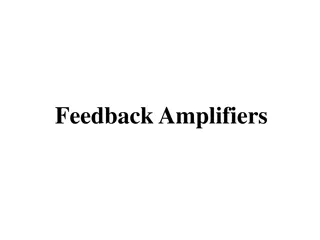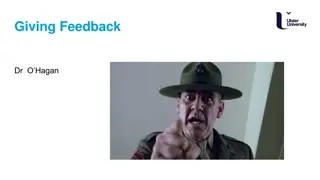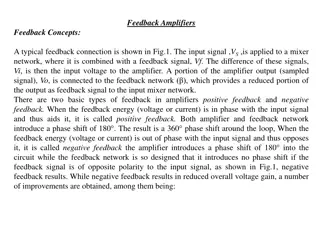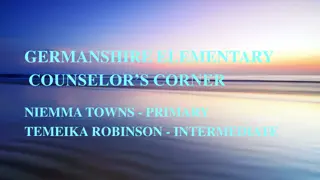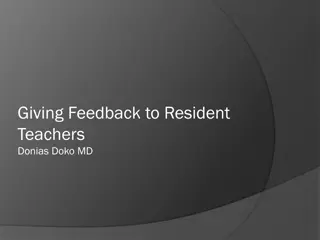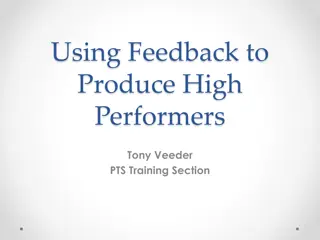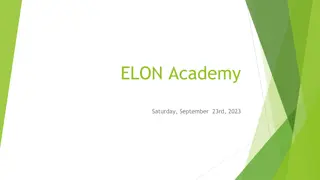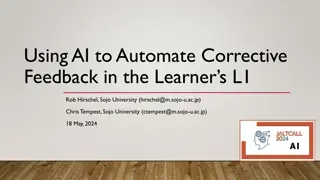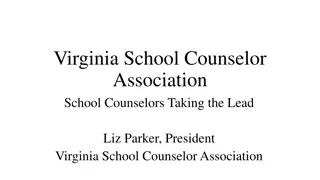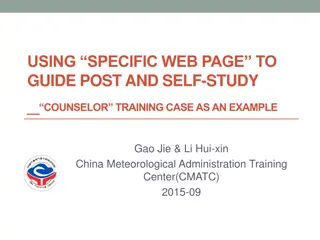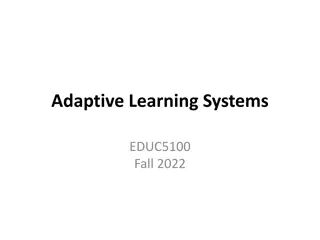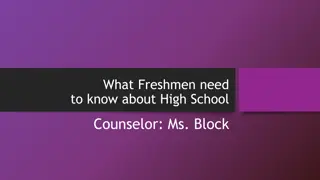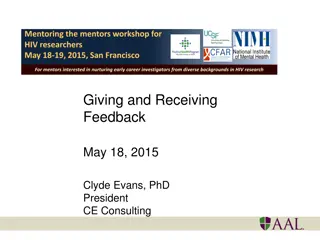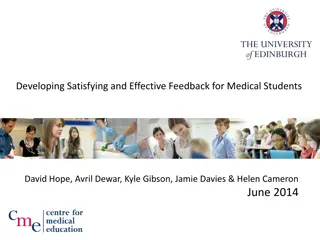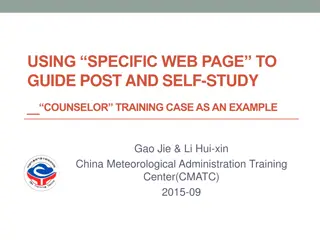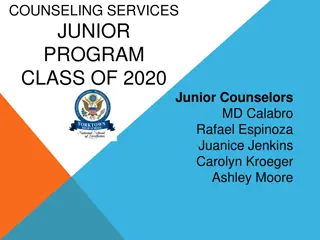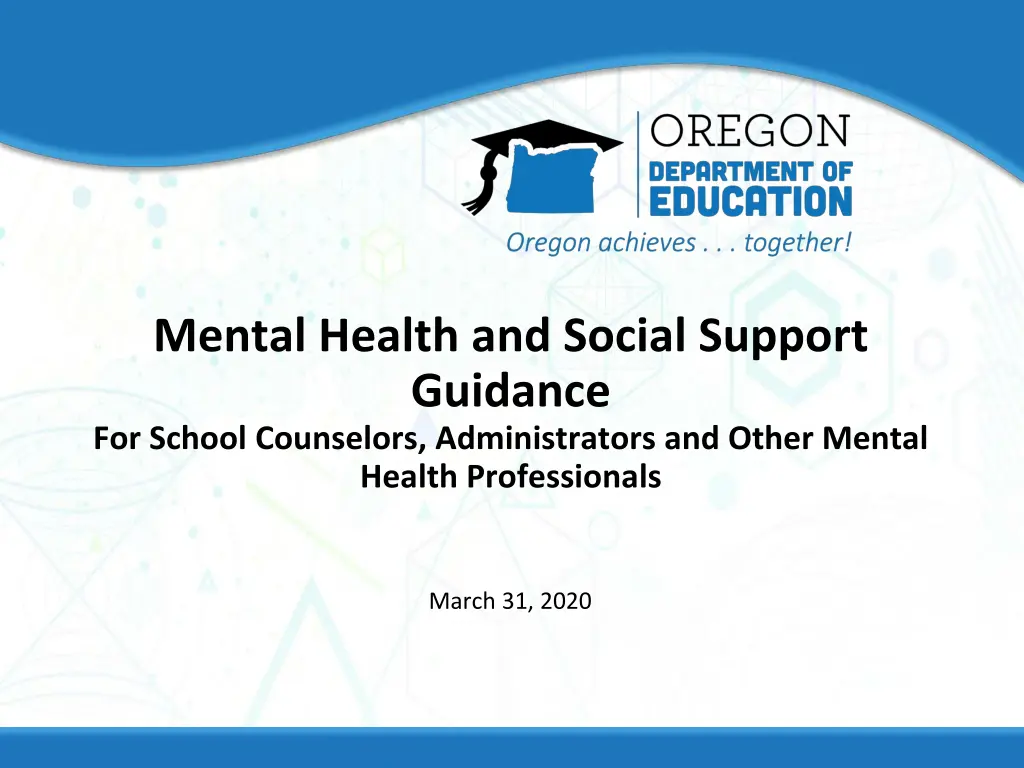
Mental Health and Social Support Guidance for School Counselors and Administrators
Explore guidance from Governor Brown on maintaining mental health services for children and families, emphasizing challenges, strengths, and a tiered approach. Consider equity, assessment, and referral strategies for enhanced support.
Download Presentation

Please find below an Image/Link to download the presentation.
The content on the website is provided AS IS for your information and personal use only. It may not be sold, licensed, or shared on other websites without obtaining consent from the author. If you encounter any issues during the download, it is possible that the publisher has removed the file from their server.
You are allowed to download the files provided on this website for personal or commercial use, subject to the condition that they are used lawfully. All files are the property of their respective owners.
The content on the website is provided AS IS for your information and personal use only. It may not be sold, licensed, or shared on other websites without obtaining consent from the author.
E N D
Presentation Transcript
Mental Health and Social Support Guidance For School Counselors, Administrators and Other Mental Health Professionals March 31, 2020
Overview Governor Brown s directive. Challenges and strengths. Tiered approach for mental health and social support. What guidance do you need?
Giving feedback For mental health guidance questions please: Post question in Zoom chat area. List a theme for your question (e.g. seniors, equity, crisis support). Be concise. We will: Respond to as many questions as possible. Create a FAQ area with additional responses soon. We will not be able to respond to questions regarding last night s guidance.
Directive from Governor Brown Provide guidance to school districts and communities to ensure continuity of mental health services to children and families.
Questions to consider re challenges and strengths What challenges do we face? How do we care for children and adults? How can we adapt? How can we leverage our strengths and expertise? How do we meet students/families where they are?
Equity considerations Be culturally-responsive to needs and strengths. Be aware of access to technology and internet.
Assessment and referral When you receive a student referral: Use established district procedures. Assess student s health and wellbeing. Determine level of severity and tier of service. If student is in crisis, immediately move to Tier 3 recommendations. Please heed the guidance on School Counselor and Virtual School Counseling: https://www.schoolcounselor.org/asca/media/asca/PositionStatements/PS_Virtual.pdf
Tier 1 Responsive, light support Student has very low levels of distress. Direct to ODE Mental Health Covid- 19 link. Schedule weekly check-ins with student as needed. Offer support to teacher/staff. Ask teacher to notify you if student problems persist or worsen.
Tier 2A Low level Targeted Support Student has moderate levels of distress. No need for one-on-one intervention: Direct to ODE Mental Health Covid-19 link. Develop resource plan. Consider group skill building supports. Schedule regular check-ins once per week. Ask teacher to notify you if problems persist or worsen.
Tier 2B High-level Targeted Support Student has high levels distress. Create a health, safety and resource plan. Consider external referral. Facilitate a warm hand-off. Offer short-term counseling. Involve caregivers. Communicate with teachers re academic expectations. Ask teacher to notify you immediately if symptoms worsen or student in crisis.
Tier 3 Crisis support Student is at risk for suicide or imminent harm. If you can t conduct a formal risk assessment: Determine risk for imminent harm - CALL 9-1-1. Call the National Suicide Hotline (800-273-8255). LinesforLife will provide remote risk assessment and safety planning. Consult ODE s How to Prevent Suicide guidance. Refer to outside mental health provider. Communicate regularly with parents, guardians and trusted adults. Offer caregivers resources such as Reach Out Oregon. Check in frequently with student, family and teacher (as appropriate).
We want your feedback We will do our best to answer mental health and social supports specific guidance questions. What guidance do you need to help support your students and their families? What guidance do you need to help support you in your work?
Thank you! Contact information: B Grace Bullock grace.bullock@ode.state.or.us Beth Wigham beth.wigham@ode.state.or.us



